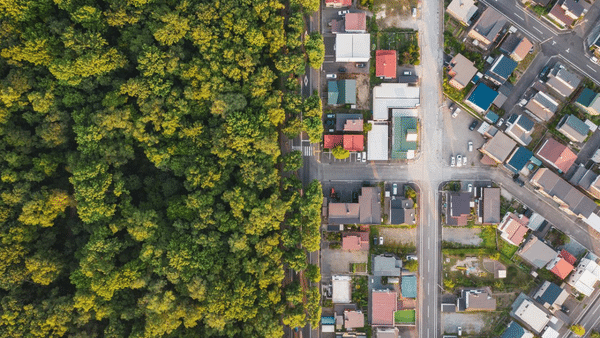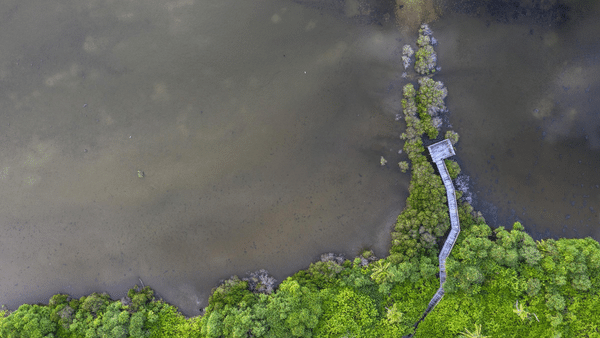So the European Union is already finding ways to wriggle away from its ambitious carbon emissions reduction target.
It is a difficult time for those who argue climate change is our most pressing priority. The global recession will give Governments an opportunity to disguise a cyclical downturn in emissions as a structural reduction (rather like Labour has encouraged us to see the consequences of the dash for gas as evidence of its environmental commitment). Hard pressed consumers will be asking ‘which is the cheapest?’ rather than ‘which is the greenest?’. But the falling price of energy will mean less incentive for us to turn down the thermostat and get on our bikes. And, as I said yesterday, the public’s willingness to trust experts and obey leaders may well be further damaged by the implosion in the financial sector.
Add to this – and please someone tell me if I’m wrong – the fact that aggregate global temperatures actually fell last year. Apparently this kind of mini blip in the overall upwards trend is not unexpected and does little to disprove the climate change thesis. But this won’t stop the climate change deniers (amongst whom there are a couple of vociferous Fellows) offering us all the opportunity to hear what we want to hear; that the whole thing was got up as an excuse to make us pay more tax and have less fun.
This is the backdrop to a talk I am supposed to give in two hours to a WWF event about how you change social values and influence behaviours in the direction of sustainability. I hate being to voice of doom (well, OK, like everyone else I enjoy it - it but it’s not very responsible) but as I write I’m grasping for a more positive spin.
Dear readers (mum are you there)? What shall I say?
Related articles
-
Design for Life: six perspectives towards a life-centric mindset
Joanna Choukeir Roberta Iley
Joanna Choukeir and Roberta Iley present the six Design for Life perspectives that define the life-centric approach to our mission-led work.
-
Recognising reciprocity
Al Mathers
Al Mathers, former RSA Director of Research and Learning, explores the importance of introducing reciprocity into the work of social change organisations like the RSA.
-
Climate justice: beyond the boundary
Adanna Shallowe
Do the commitments made at COP27 go far enough in protecting and regenerating our climate? The RSA's Senior Global Manager, Adanna Shallowe, shares her thoughts.




Join the discussion
Comments
Please login to post a comment or reply
Don't have an account? Click here to register.
I'm an artist working in the creative field as a music producer and educationist. and the challenge of "how you change social values and influence behaviors in the direction of sustainability" is a challenge that I believe needs to be tackled on an emotional level as well as intellectual. I feel that the sense of powerlessness most people feel regarding their ability to contribute to the changes needed are born of a deeply broken connection with nature. In the 21st Century our lives are generally spent interacting with man made electronic devices. Yet our relationship to nature and the environment is something that we engage with on occasions and only after we leave the safe confines of our centrally heated homes.
My goal as an artist is to create ways to help people reconnect to the very essence of their lives - the molecules and atoms that surround us. The human race needs to fall in love with nature, then the urge to engage (and preserve) with it will be a passion.